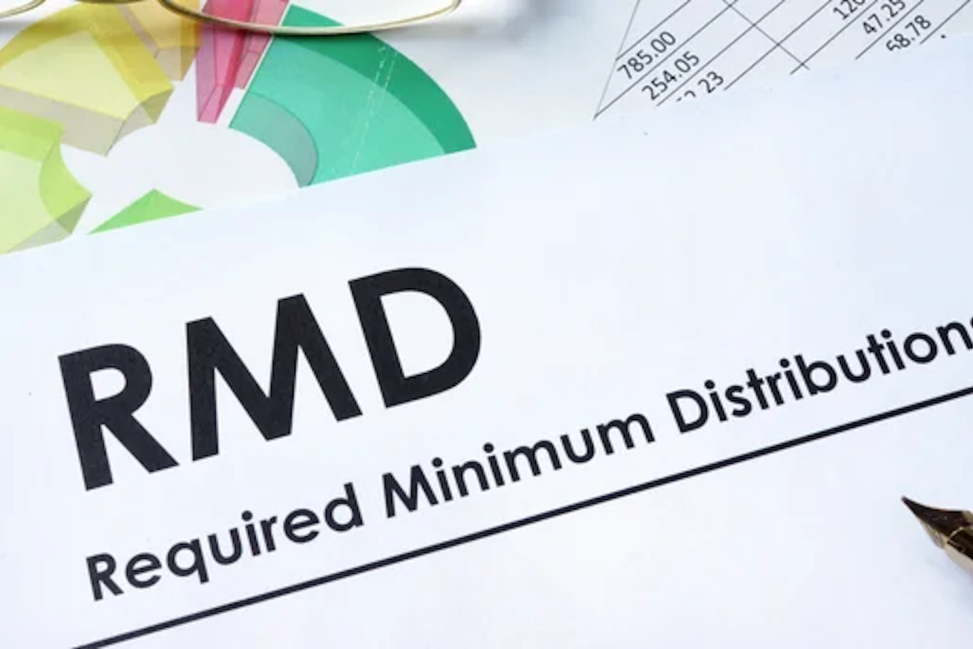Self-directed IRAs offer the freedom and flexibility investors require to meet their retirement goals. However, investors often have to pay a premium to open and manage these accounts as they require special reporting requirements and additional regulation from the IRS.
Self-directed IRA fees are unavoidable, but how much you pay depends on your custodian. Learn how self-directed IRA fees work, understand standard fees, and protect yourself against exorbitant fees.
.
Do Self-Directed IRAs Have Fees?
Yes, all self-directed IRAs have fees. These fees are an essential part of account management, allowing the SDIRA custodian to operate within and maintain the account per IRS requirements.
Specifically, SDIRA fees can go towards activities such as:
- Managing tax-reporting requirements, such as submitting Form 5498.
- Holding account assets.
- Maintaining account records, such as transactions, to meet reporting requirements.
- Carrying out client-requested transactions.
Fees vary by custodian and are determined by several factors, such as the assets held in your SDIRA account and whether you’re opening a standard account or using an SDIRA LLC to establish checkbook control. Clients who choose the latter will also need to factor in state filing fees.
All custodians have different fee structures. Some custodians charge fees for the majority of transactions. Others, like Horizon Trust, limit fees, allowing you to keep more of your earned investment. The table below shows a list of basic fees (scroll to the bottom for the complete list of Horizon Trust fees).
What fees does Horizon Trust charge? See our fee schedule.
Common Self-Directed IRA Fees
| Fee type | Details |
| Setup fee | This fee covers the cost of opening and setting up the account and will vary by asset type and custodian. |
| Annual fees | |
| Total asset value | If a custodian uses this method, they charge a percentage-based fee on the value of assets in your account. The assets may be broken down by type with a fee applied based on the asset group. |
| Per asset | If a custodian uses this method, they will charge a flat or percentage-based fee for each asset type. |
| Flat fee | When a custodian uses this method, they charge a flat fee unrelated to the total value of the account. |
| Tax reporting fees | Your custodian must meet certain IRS reporting requirements. These fees cover any tax-reporting activities mandated by law. |
| Transaction fees | Charged each time a bank transaction is completed. |
| Service fees | Charged periodically for account management. |
| Account research fees | Fees to complete account research, such as in-depth research on account transaction history. |
| Account closure fees | Charged when you cancel or transfer an account. |
| State filing fees (LLCs) | If you’re planning on leveraging an SDIRA LLC, you’ll need to pay state filing fees. |
| Other common fees | Depending on your custodian, you may also need to pay fees for the following activities or requests:
|
Fees By Asset Types
Most SDIRAs come with setup and other fees, but how much you pay and the types of fees you incur will also depend on the asset in which you invest.
For instance, if you hold real estate in your SDIRA portfolio, you may incur payment delivery fees when covering expenses such as HOA fees or mortgage payments (if you used a non-recourse loan).
Likewise, precious metal investors will likely see activation or depository fees, such as the cost of storage or shipping precious metals to or from the depository, or crowdfunding or private equity assets may have fees associated with the sale or exchange of funds.
An experienced and trustworthy custodian will help you understand the fee structure associated with a specific asset. That’s why it’s important to work with a custodian that is well-versed in the assets you select
How to Protect Yourself Against Exorbitant Fees
Fees are a part of every SDIRA, but they shouldn’t be exorbitant or erode your efforts to accumulate wealth. You can limit fees and make the most of your investment by doing the following:
- Seek a custodian that’s transparent: Fees shouldn’t be a hidden agenda that’s sprung on you after you open an account. A trustworthy custodian is transparent about their fee schedule from the very beginning—well before you finalize your account. If a custodian is unwilling or unable to provide clear answers about their fee schedule, consider that a red flag.
- Look for consolidated fees. Some custodians, like Horizon Trust, lump fees together up front, allowing you to pay a single, one-time fee and avoid most ongoing charges for every transaction or activity over the life of your account. In some cases, a small fee may be applied, such as for requesting an overnight cashier’s check or a stop-payment on a check. When you’re shopping for a custodian, look at the big picture. Oftentimes, a “competitive” setup fee may sound ideal upfront, but the amount you’ll pay over time quickly erodes any savings you may have captured early on.
- Research common fees attached to different assets. If you’re opening an SDIRA with a clear investment strategy or have a general idea of what type of assets you want to hold in your account, make it a priority to research fees associated with that asset. Custodians who are well-versed in a specific asset will be more than willing to discuss asset-based fees with you. This very conversation can indicate a custodian’s experience and level of transparency.
Are Custodial Fees Tax Deductible?
No, custodial fees or those with buying, holding, or selling an asset are not tax deductible. This restriction became law with the passage of the Tax Cuts and Jobs Acts of 2017 and is set to remain in place through 2025.
What Fees Does Horizon Trust Charge?
Horizon Trust is one of the few custodians that have taken a largely “fee-free” approach to portfolio management. While you will encounter a single upfront fee when opening your account, as well as annual fees and certain tax-reporting fees, we’ve eliminated many of the internal fees that are often charged by other custodians.
Here’s what you can expect with a Horizon Trust SDIRA.
| Fee description | Fee |
| Setup and year 1 annual fee | $2,995 |
| Annual after year 1 | Multiplier based on asset value as follows:
|
| Activation fee for precious metals | $250 |
| Annual fee for precious metals | $395 |
| Transactional fees | FREE |
| Wire fees | FREE |
| IRA “research” service fees | FREE |
| Cashier’s check | Customers who request overnight express/cashier’s check, or a stop-payment on a check will encounter a small fee. |
| Corrected tax form | FREE |
| Check fee/ACH fee | FREE |
| Document handling fee | FREE |
| Matured note | FREE |
| Medallion stamp | FREE |
| Paper statements | FREE |
| Partial transfer out | FREE |
| Purchased per asset | FREE |
| Recurring bill pay | FREE |
See our most recent fee schedule for a full list of service and optional fees.




